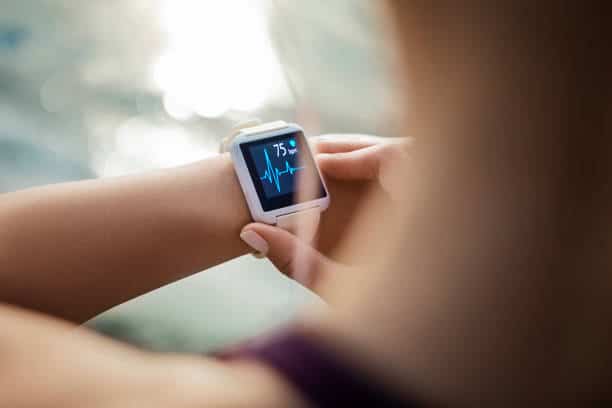
1
Cognitive and behavioural therapies
For someone suffering from repetitive brain injuries, there can be treatment options available to help manage the symptoms. Our specialists will work with you to provide a bespoke treatment plan.
These therapies can help individuals with CTE cope with their symptoms and improve their overall quality of life. Cognitive rehabilitation can help to improve memory, attention, and executive function, while behavioural therapy can help to address mood and behavioural changes.
 Visit our USA website
Visit our USA website




